Risk-Based Auditing
What is Risk-based auditing?
Risk-based auditing ensures that the internal audit activity is focusing its efforts on providing assurance and advisory services related to the organization’s top risks. Traditional audit plans tend to focus on the controls you already have in place and whether or not they’re functioning correctly. Risk-based internal audits start by examining the inherent risks your company faces and then seek to correct and reframe your controls according to what risks are the most urgent and have the most potential for loss . This technique is more in keeping with an enterprise risk management (ERM) approach, as it examines the organization as a whole rather than by department, as in a traditional audit methodology.
Risk based auditing with Z Horse
- Plan the audits with their phases,
tasks, owners, and deadlines.
- Track the plan execution and receive
activity completion notifications.
- Design the audit evidence that will be
applied in the plans.
- Link the regulatory documents that will
be reviewed in the audit tests.
- Manage the documentation that will be
used as a reference in the audit.
- Record the results of the audit tests
conducted by the audit team.
- Record the findings and all the
documentation resulting from the audit.
- Get reports on the results of the audit
plan execution.
- Plan the audits with their phases,
tasks, owners, and deadlines.
Go Beyond with Z Horse
- You can get online reports on the most critical risks for the organization and the current status of the controls in order to plan the key audit activities
- You can manage the findings from the previous audit periods, seeing the activities carried out and the evidence of their management and follow-up.
- You can assess the level of compliance with the regulations, standards, or policies.
- Create and follow up on actions plans.

(800) 519-9078
New Jersey
116 Village Boulevard, Suite 200
Princeton, NJ 08540
(800) 519-9078
